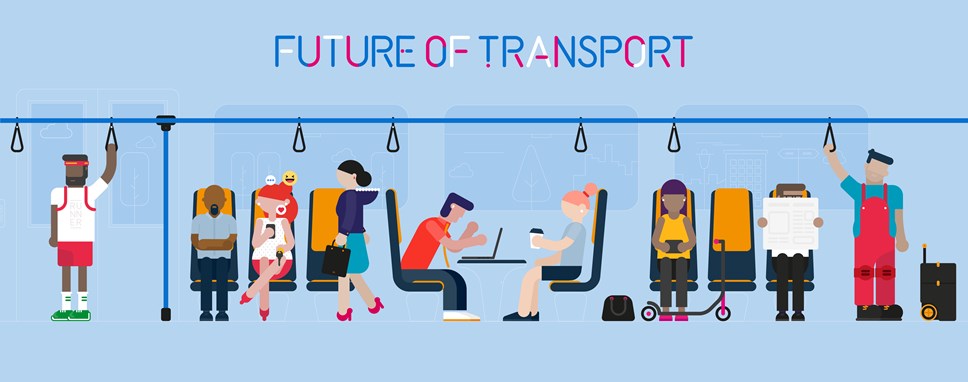
Go-Ahead urges passengers to get active for the first and last mile of their journeys
Go-Ahead is encouraging people to start the year in a healthy way, and consider taking exercise for the first or last mile of their journeys, in partnership with active travel experts RunFriendly and the University of Leeds.
This week we published a groundbreaking study as part of this partnership, examining the health benefits of active travel combined with public transport as an alternative to driving. Alongside the health benefits – helping commuters to hit the recommended 10,000 steps a day – the Active Travel report outlines how they can save time and money whilst developing positive behaviours by walking, running or cycling part of their daily journey.
The World Health Organisation recommends that all adults either spend 30 minutes on a brisk walk or cycle, five days per week. A third of UK adults don’t meet this. Of those who don’t, 38% of men, and 37% of women, saying they don’t have enough leisure time.
People who travel by public transport on average accumulate 20-28 minutes’ of physical activity as part of their regular journey. Go-Ahead’s activity suggests that the WHO’s minimum standard of exercise could be achieved for millions of people simply through re-thinking their journey to and from work – either walking, running or cycling to or from a station.
Go-Ahead and RunFriendly’s research finds that 54% of walkers, 36% of cyclists and 39% of runners say that their journey gives them time and space to think about their day, and a majority of commuters using active modes of transport agreed that their first or last miles were relaxing and enjoyable.
Whilst it can be a challenge to find the time for exercise, the first and last mile of a daily commute are an often overlooked opportunity. January is a time of year for taking up new habits, and Go-Ahead is working with local partners to support those who want to be more active.
Prior research has found that replacing short car trips with active travel would save £17bn in healthcare costs over a 20 year period thanks to reduced risks of cancer, heart disease and diabetes.
This report gives evidence of what works, in ways that fit with busy lives. Being active in how we begin and end our daily commute can make a huge difference – to our health, our finances and ultimately our environment. If you would like to find out more about the research project then please contact Aisling Lawless, PR and Communications Manager.
